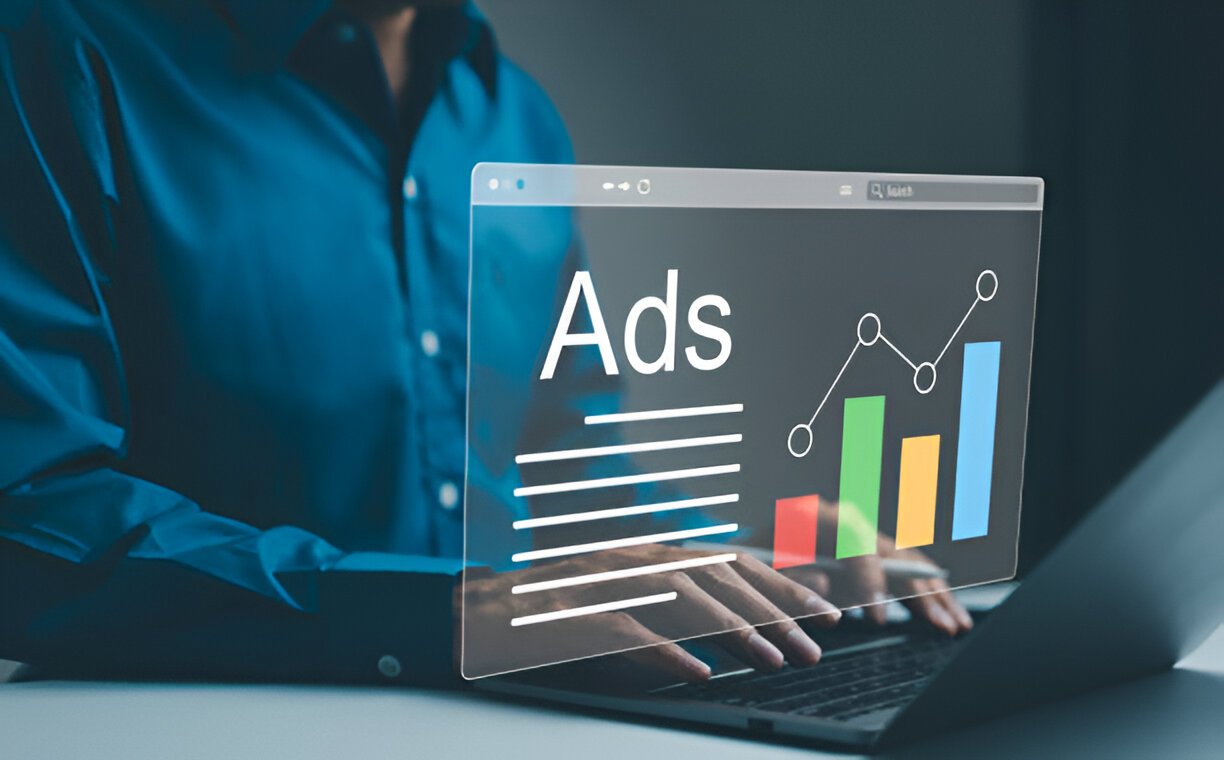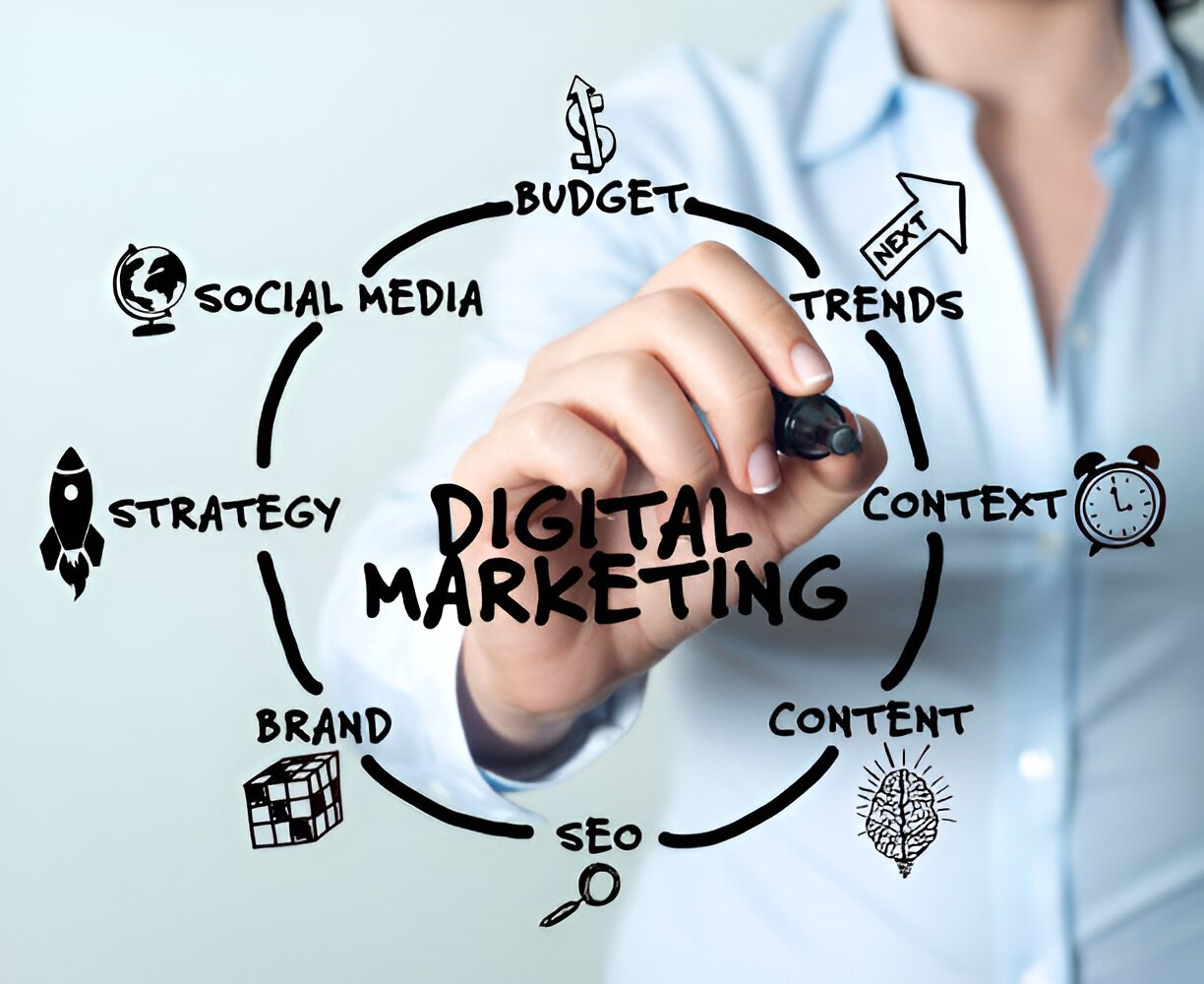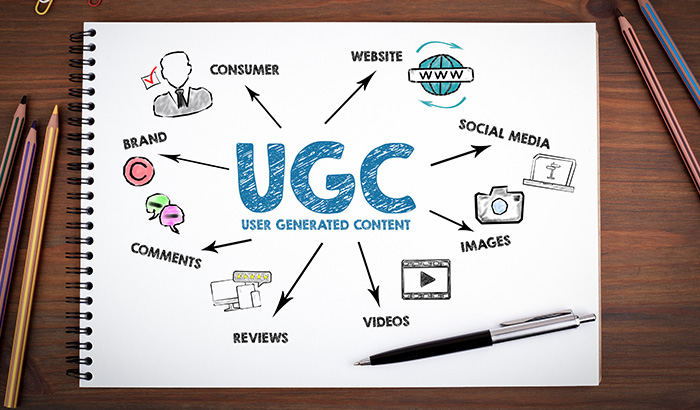Query Form
Query Form
What is Online Advertising: All You Need to Know in 2024

#1. What is What is Online Advertising: All You Need to Know in 2024
With the ability to reach millions of consumers across several platforms, internet advertising has emerged as a critical factor contributing to business success in today's digital landscape. In 2024, the Internet advertising market will be changing due to technological advancements, shifting consumer preferences, and emerging trends that will force companies to stay on top of the game. We'll go deep into the world of online advertising in this blog, covering platforms, strategies, and the most recent developments—as well as what companies need to know to remain competitive. What is Online Advertising? Online advertising refers to any form of marketing or advertising that uses the Internet to deliver promotional messages to potential customers. It encompasses a wide variety of strategies, including: Search Engine Advertising (SEA): Paid search ads on platforms like Google. Display Advertising: Banner ads are displayed on websites. Social Media Advertising: Ads on social platforms like Facebook, Instagram, and LinkedIn. Video Advertising: Ads are shown on YouTube, TikTok, and other video platforms. Email Marketing: Promotional emails sent to targeted audiences. Affiliate Marketing: Ads that pay affiliates to drive traffic or sales. The Importance of Online Advertising in 2024 Wider Reach: One of the main advantages of online advertising is its ability to reach a global audience. Targeted Audience: Online platforms such as Facebook ads and Google ads give advertisers the ability to target particular regions, interests, behaviors, and demographics. In 2024, audience segmentation has advanced even further thanks to AI-powered algorithms that facilitate communication between companies and their prospective clients. Cost-Effectiveness: Online advertising is significantly more affordable than traditional media, such as print, radio, or television. Pay-per-click, or PPC, platforms give companies budget flexibility and require payment only when customers interact with their ads. Measurable ROI: The measurability of internet advertising is one of its most alluring features. Key performance indicators (KPIs), including clicks, impressions, conversions, and return on investment (ROI), are all provided in great detail by platforms. By 2024, marketers will be employing sophisticated data to make ongoing campaign optimizations. Types of Online Advertising in 2024: 1. Search Engine Advertising (SEA): In 2024, search engine advertising will still be quite important, particularly with Google Ads. When consumers search for particular terms, search ads show up, providing highly tailored advertising based on intent. With Google accounting for more than 90% of all searches worldwide, SEA is essential to digital advertising. Key Trends: Voice Search: As voice assistants like Siri and Alexa gain traction, optimizing search ads for voice queries is becoming essential. AI-Powered Bidding: Google’s automated bidding strategies use machine learning to optimize bids in real time improving ad performance. 2. Programmatic Advertising: Using algorithms, programmatic advertising automates the purchase of digital advertisements. By 2024, programmatic channels will account for 90% of digital ad spending, making this kind of advertising more common than ever. In real-time bidding (RTB), programmatic ads work well to make sure the appropriate people see the correct ads at the right time. Key Trends: AI & Machine Learning: AI continues to enhance programmatic advertising by analyzing user behavior and delivering ads to the most relevant audience segments. Data Privacy: With increasing concerns about privacy, programmatic advertising is evolving to comply with regulations like GDPR and CCPA, focusing on first-party data rather than third-party cookies. 3. Video Advertising: Video advertising is growing exponentially, with YouTube and TikTok leading the charge. In 2024, businesses are heavily investing in video content due to its ability to drive higher engagement and conversion rates. Keys Trend: Shoppable Videos: Interactive videos that allow users to shop directly within the content are gaining traction, especially in eCommerce. 360-Degree Video Ads: These immersive video experiences are becoming more popular, offering a new way to engage audiences. Emerging Trends in Online Advertising in 2024: AI and Automation: Artificial intelligence (AI) is revolutionizing online advertising. Platforms like Google and Facebook now use AI to automatically optimize ad performance, delivering better results with less manual input. AI helps advertisers: Analyze consumer behavior. Personalize ads in real-time. Automate bidding strategies. Personalization: In 2024, customers want individualized service. Businesses are connecting with their audiences on a deeper level, whether it's through targeted email marketing or dynamic advertising that adjusts based on user activity. Augmented Reality (AR) and Virtual Reality (VR): Brands are now using AR and VR technologies to create immersive ad experiences. For example, AR ads allow users to virtually try on products or visualize how furniture will look in their homes. This type of interactivity significantly enhances engagement and helps consumers make informed decisions. Data Privacy and Ad Targeting: Businesses in 2024 will need to strike a compromise between user privacy and successful targeting due to rising restrictions surrounding data protection. Advertisers are depending more on first-party data—information they obtain directly from consumers through email sign-ups, loyalty programs, or other interactions—as third-party cookies are phased out. The Future of Online Advertising: Conversational Advertising: Chatbots and AI-powered assistants are becoming more prevalent in online advertising. Conversational ads engage users in real-time, answering queries, providing product recommendations, and guiding them through the sales funnel. Sustainability and Ethical Advertising: In 2024, consumers are becoming increasingly aware of sustainability and ethical practices. Brands are focusing on purpose-driven advertising that aligns with social causes and environmental responsibility, which resonates well with conscious consumers. 5G and Advertising: The rollout of 5G technology is transforming how advertisers deliver content. Faster internet speeds mean higher-quality video streaming, more immersive AR and VR experiences, and quicker load times, enhancing the overall user experience with online ads. Challenges in Online Advertising: Ad Blockers: It's getting harder and harder to contact customers with the rise of ad blockers. Businesses need to come up with innovative methods to interact with their audience as more users install these tools. Some ideas are influencer marketing and native advertising, which fit in well with the user interface. Competition: The world of digital advertising is getting more and more competitive. To stand out in a sea of advertisements, businesses must constantly improve their strategy, which calls for a blend of consumer insights, data analysis, and creativity. Privacy Concerns: As previously said, advertisers must manage complicated legislation such as the CCPA and GDPR, as data privacy is becoming an increasingly important concern. To keep customers' trust and comply with regulations, businesses must guarantee consent and transparency when collecting user data. How to Succeed in Online Advertising in 2024: To succeed in the rapidly evolving landscape of online advertising, businesses should focus on the following strategies: Leverage AI and automation: Automate campaign optimization and targeting to stay ahead. Invest in video content: With the rise of platforms like TikTok and YouTube, video advertising will continue to dominate. Prioritize user experience: Ensure that ads are non-intrusive, relevant, and personalized to the user's needs. Embrace data privacy: Build trust with consumers by being transparent about data usage and prioritizing ethical advertising practices. Conclusion: Online advertising will still be a potent tool in 2024 for companies looking to engage with their target markets, build brand awareness, and increase conversions. Digital marketing is changing rapidly due to the rapid speed of technological improvements as well as the growing desire for data protection and personalization. Businesses will need to stay abreast of emerging trends, use AI-driven tactics, and prioritize moral behavior if they want to succeed in this cutthroat market. By understanding the benefits and challenges of online advertising and adapting to emerging trends, businesses can thrive in the digital advertising world of 2024 and beyond.
Query Form
Follow Up on Social Media for Daily New Search Engine Update
Subscribe to Get the Latest Updates on the Search Engine World and How We Can Help Your Business
Note: Please enter a valid email id
Let’s Get to Talkin’
Support
Mail us for:
Complaint/Suggestion
Call Us
+91 9992229755
+91 98759 29761
Our Trusted Partners



© 2025 Career Infowis IT Solutions. All Rights Reserved.

























